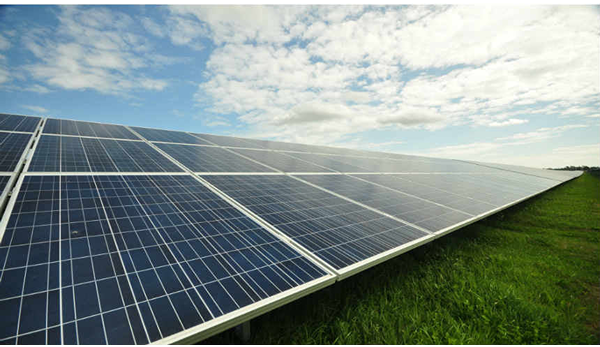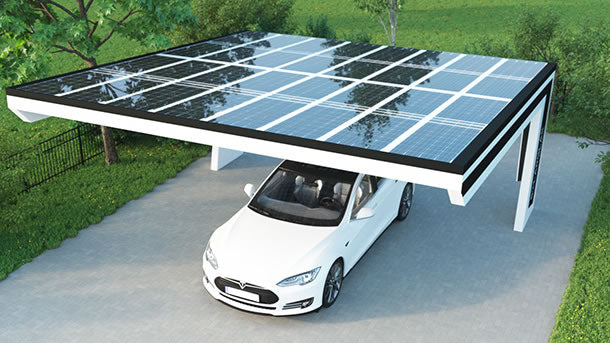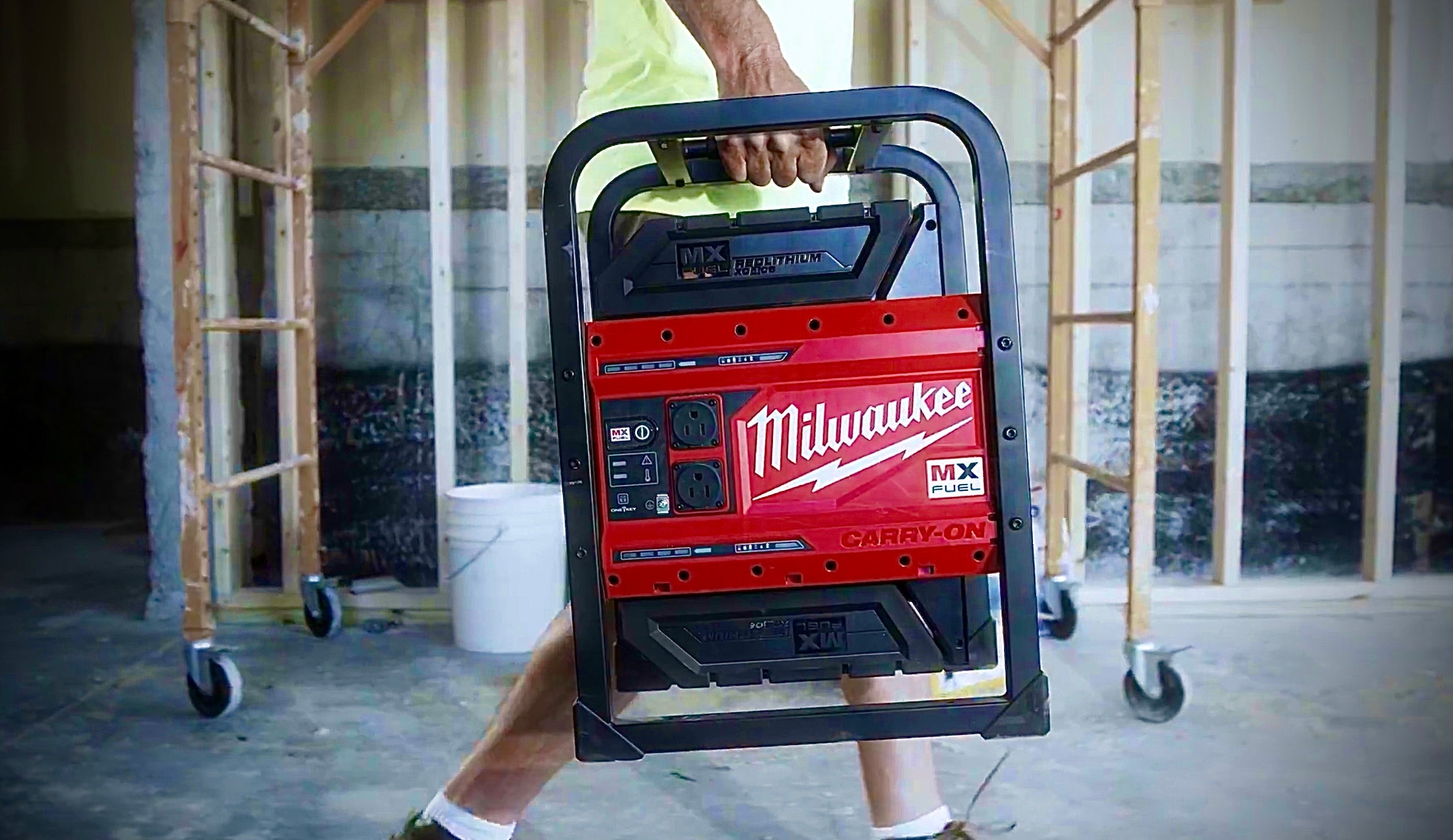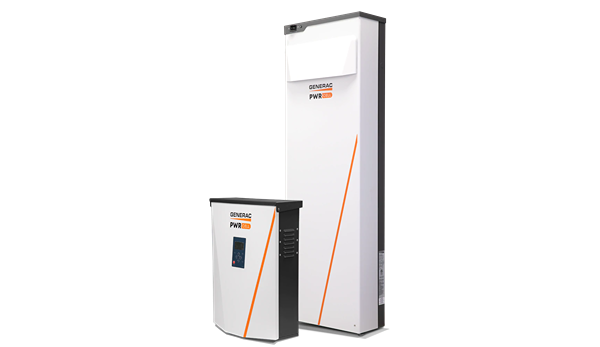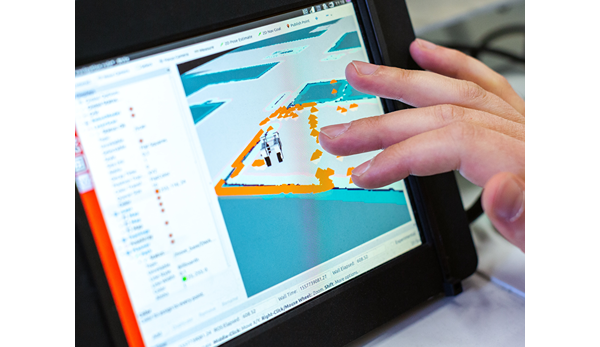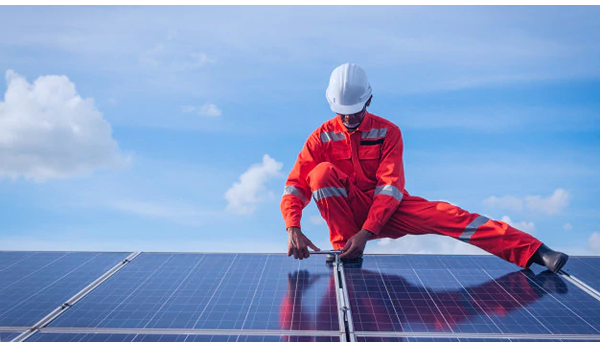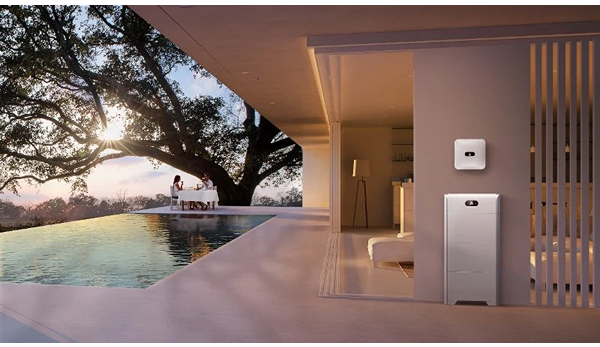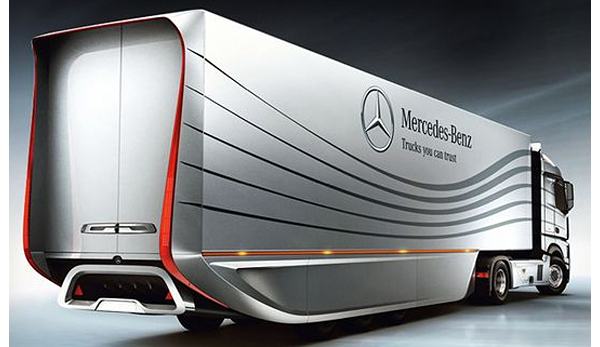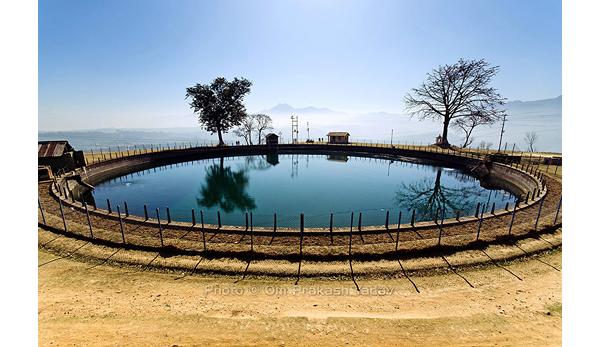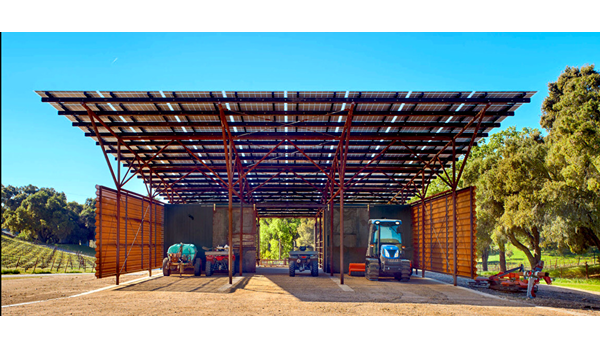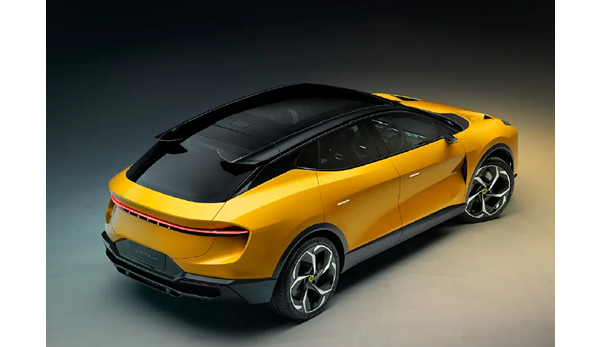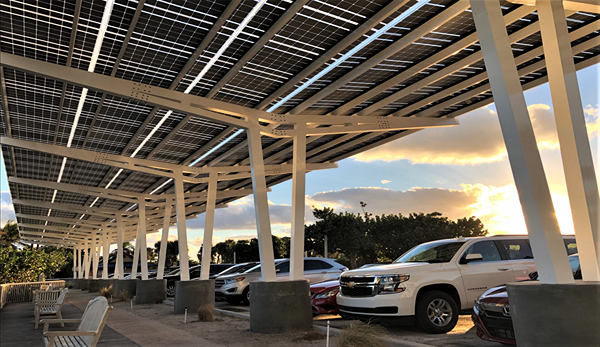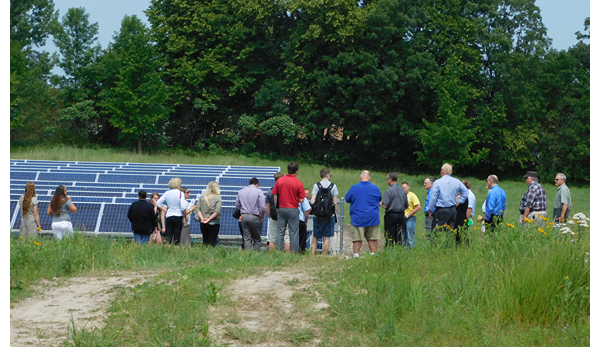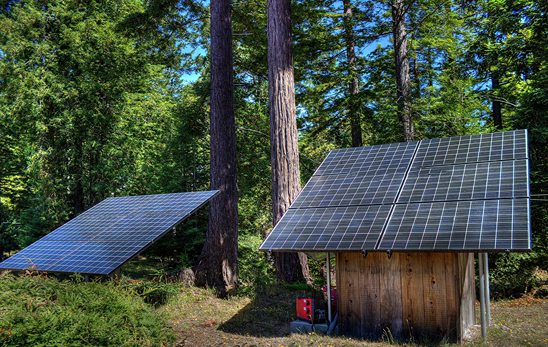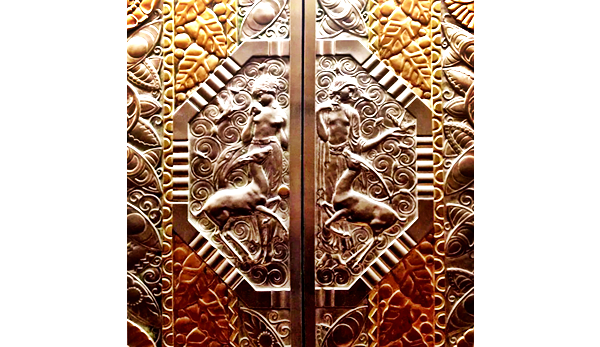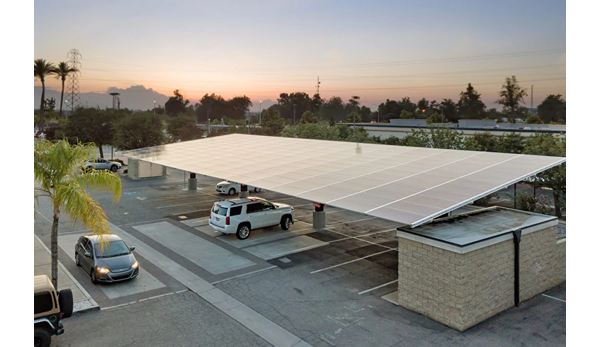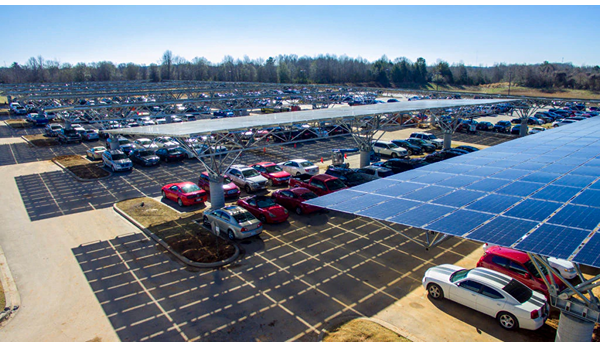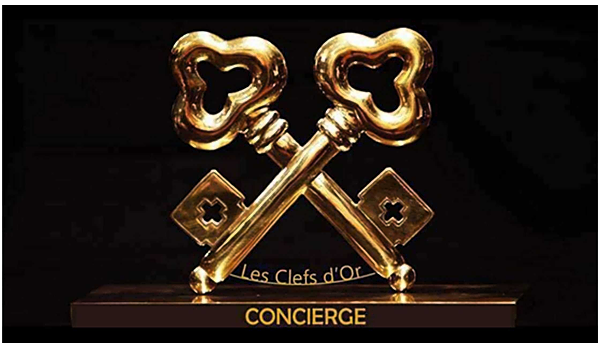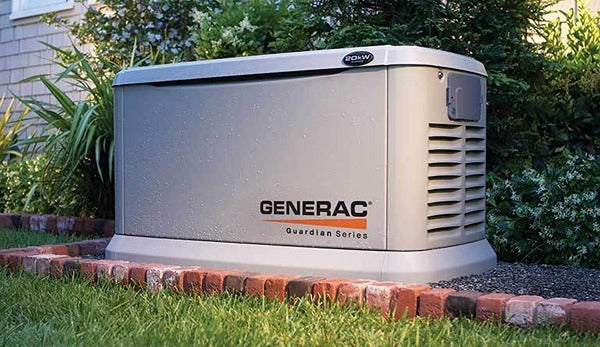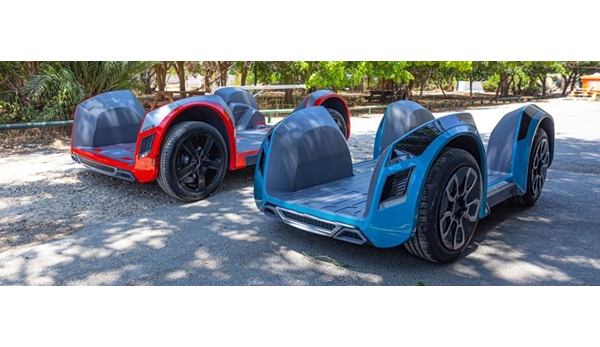Enphase Level 2 EV Charger, Safety Certified, 64 Amp, 240V, Hardwired, 25Ft Cable, J1772, Compatible with US Electric Vehicles, HCS-80
En stock 1
Enphase Level 2 EV Charger, Safety Certified, 64 Amp, 240V, Hardwired, 25Ft Cable, J1772, Compatible with US Electric Vehicles, HCS-80
- INSTALL WITH CONFIDENCE: The core technology that comes inside every Enphase EV charger has earned its award-winning reputation by delivering industry-leading durability and reliability. Now they're made even better with a 5-year limited manufacturer warranty and 24/7 customer support. This HCS-80 hardwired home EV charger comes fully assembled and offers quick installation to a dedicated 80 Amp circuit with any licensed electrician.
- SAFETY-CERTIFIED AND ALL-WEATHER: Enphase level 2 EV chargers are safety certified by ETL, an Independent Nationally Recognized Testing Laboratory, to UL 2594 standards and are ENERGY STAR certified. Designed in California as commercial car charging stations, they are built tough to withstand high-traffic use and a wide range of temperatures. They also include fully sealed outdoor ready NEMA 4 enclosures to keep internal components dry and the elements out.
- FAST CHARGING: Enjoy up to 12x faster charging than the level 1 electric vehicle charger that your EV came with. With this HCS-80 hardwired 240V 64 Amp level 2 charger you get 15.4kW of power or up to 61 miles per hour of charging, ensuring your EV is ready to go after a night's charge. (The HCS-80 requires a minimum 80 Amp dedicated circuit and the miles per hour charge rate will vary depending on your EV's make and model.)
- DESIGNED FOR YOUR MAKE & MODEL: Enphase electric car chargers are compatible with all plug-in EV's sold in the USA, but the HCS-80 is best for vehicles with acceptance rates up to 15.4kW like the Cadillac Lyriq, Ford F150 Lightning Ext, Lucid Air Dream, Tesla Model S 90D and 100. They qualify for state and federal rebates so you can even get money back by doing your electric car charging at home.
- INCLUDES EVERYTHING YOU NEED: With a rugged and flexible 25 foot long cable with J1772 connector, you can charge your plug-in on the other side of the garage or in the driveway. With a physical manual, you can reference information easily pre or post install. And the integrated cable wrap and wall mounted holster ensure you can neatly stow away your charger after use.
Product Description
Hello home charging. Goodbye gas stations.
Wake up to a full charge with the 64 Amp hardwired HCS-80 EV Charger. This Level 2 charging station is permanently mounted on your wall and is rated for indoor or outdoor use. It should be installed on a minimum 80 Amp dedicated circuit.
Park almost anywhere and keep your garage organized with a 25ft cable, integrated cable wrap, and holster.
Ruggedized HCS EV Chargers are built for extreme weather conditions and their impact resistant SAE J1772 connector makes them ideal for high-traffic use. All our electric vehicle chargers are safety certified, backed by 24/7 support, and work with virtually every EV sold in North America.
Fast charging at homeThe HCS-80 EV Charger:
|
Safe & UniversalEvery Enphase Charging Station is:
|
It pays to install an EVSE
|
Hardwired or Plug-in?
Enphase EV chargers are available in hardwired installation and plug-in installation options.
The hardwired EV chargers include service wires which are routed through a three-foot flexible conduit with an additional six inches of wire extensions for easy installation into a junction box. With a hardwired EV Charger the installation is more permanent, the EV Charger can still be moved, but you would need an electrician to uninstall the EV Charger and then reinstall it at your new location. Enphase hardwired EV Chargers are rated for indoor or outdoor installation.
With a Enphase plug-in EV charger, it will come with a high quality over molded 240V plug attached instead of the flexible conduit included with a hardwired charger. The plug length is 12 inches, the longest length allowed per National Electric Code, and this includes the plug itself in the measurement.
Hardwired EV Charging Stations
- Three feet of flexible conduit.
- Up to 6 additional inches of service wires coming from a conduit for installation into a junction box.
- Typically more permanent installations than a plug-in, but the station can be uninstalled and reinstalled if necessary.
- Highly recommended for outdoor installations, as a hardwired appliance provides a more weather-resistant connection.
Plug-in Electric Car Chargers
- Overmolded 240V plug instead of flexible conduit (smooth cabling, and plug attached at the end).
- The length of the plug is 12 inches, including what is inside the enclosure, per National Electric Code. Please note that this is approximately 10 inches of available length from the enclosure to the outlet.
- For plugged installations, a matching 240V NEMA 14-50 or NEMA 6-50 receptacle to fit the matching plug type is required. Any licensed electrician can install this receptacle for you. Once installed, the station can be mounted and you can begin charging.
- Some homes already have an existing 240V NEMA 14-50 or NEMA 6-50 receptacle installed. In this case, the owner's cost would be reduced to virtually zero, as they would only need to mount the station before they plug in.
- If you install a plug-in EV charger outdoors, we recommend installing a watertight cover over the plug and outlet combination.
Types of Plugs on Electric Vehicle Charging Stations
- NEMA 6-50 outlets and plugs are commonly used by welders or plasma cutters.
- NEMA 14-50 outlets and plugs are commonly used for electric ovens and often found in RV parks and campgrounds.
Hardwired or Plug-in
Hardwired Stations
Plug-in Stations
6-50 vs. 14-50 Plugs
HCS-80 Hardwired EV Charger
| Can Charge | 1 EV |
| Charging Power | 64 Amp | 15.4kW max |
| Installation Type | Hardwired |
| Installation Whip Length | 3 ft whip |
| Min Dedicated Circuit Required | 80 Amp | 208/240V |
| SAE J1772 Charging Cable | Single 25 ft |
| Enclosure | Fully sealed NEMA 4 |
| Certifications | ETL, cETLus, ENERGY STAR |
Frequently Asked Questions
Q: How do I determine which EV Charger will charge my car the fastest?
A: Three key elements determine how fast an EV battery will charge: (1) Battery size and storage, which differs by EV, (2) power acceptance rate, which differs by EV, and (3) EV charging station maximum power delivery rating, which varies by EV charger. To determine how fast an EV charger will charge a given electric car, here are the basic rules to consider: (1) If the charging station offers less power than the vehicle's maximum acceptance rate, the charging station would be the limiting factor in determining the charge time. (2) If the vehicle's acceptance rate is lower than the charging station's maximum output rate, then the vehicle will be the limiting factor. (3) To determine your estimated total charge time, you would take your vehicle battery pack rating and divide it by whichever number is lower, the vehicle's acceptance rate, or the station's output rate.
Q: Do I need an electrician to install an EV charger?
A: We recommend that you have a qualified electrician install your EV charger because there are certain electrical requirements for the product itself, wiring size requirements, and local electrical codes that an electrician will have knowledge of, which ensures that the charging station will be installed properly and safely. A qualified electrician can also assess the home’s current electrical infrastructure and advise you if there's any additional work necessary (for example, an electrical panel upgrade in an older home). Most homes will have capacity available, and the work will merely be wiring the station to a dedicated circuit in the case of a hardwired charger or installing an appropriate and safe receptacle/outlet in the case of a plug-in charger.
Q: What is the difference between UL and ETL ratings and why is it important?
A:UL and ETL are both considered Nationally Recognized Testing Laboratories (NRTL). NRTLs provide independent safety and quality certifications for electrical appliances. UL develops the testing standards and tests to them, ETL tests to UL standards. Products with UL or ETL listings are recognized as safer than units without these listings. Make sure the logos of one of these testing laboratories are shown directly on the product you purchase to ensure its safety. An inspector sign-off on a permitted installation in line with the National Electric Code requires that the EV charger be NRTL listed (in the US that is either with ETL or UL).
Q: Will using an EV charger with a higher output current rating than my EV can accept damage my vehicle?
A: No, using a higher amperage EV charger will pose no harm to the vehicle. EV chargers are a pass through, electrical safety appliances. The EV is in complete control of the charge and will only take the power it can accept and no more. The actual charging takes place on the vehicle. Our units will supply AC power to the vehicle and the vehicles onboard charger will convert the AC power to DC power and charge the vehicle’s batteries. For example: A Chevy Volt can take in 3.3kW for charging and the HCS-50 EV Charger can deliver up to 9.6kW. When an HCS-50 EV Charger is plugged into the Volt the station will “tell” the Volt how much power is available through the charger's communication system. From that point the vehicle will take over, activate the charger and accept the power it wants, up to the limit established by the EV charger. Some of our customers purchase EV chargers that offer a higher power level than their current vehicle can accept, which allows them to future proof their installation in anticipation of purchasing a vehicle that could accept more power.
Q: Will your EV charger work with my EV’s onboard timer?
A: Yes, Enphase EV Chargers provide pass-through electricity and will not supply power to the EV unless the vehicle is requesting a charge. The vehicle is in complete control of the charge and if a timer is set within the vehicle the EV charger, even if plugged into the car, will not supply power to the vehicle until the vehicle requests a charge at the scheduled time. (Note: Our HCS products do not currently work with the charging timers of the Nissan Leaf 2023 and Mercedes-Benz EQS 2022-2023.)
Q: How much energy does an EV charger use when it’s not charging an EV?
A: Enphase products consume very minimal power when not in use. We call this "standby power," and the draw on the HCS EV Charger for standby power is approximately 2 watts.
Q: Can I charge my EV when it’s raining or snowing outside?
A: Yes, the charging head on Enphase EV chargers are designed to drain water and the inlet on your vehicle is designed to drain water as well. Once the charging head is connected into your vehicle’s inlet, a water-tight seal will be formed.
Shipping
Items marked FREE SHIPPING on the product page will ship for FREE !
In order to keep costs down and our pricing simple, we either provide free shipping or, in certain cases, charge shipping per item. This charge, if any, is indicated in your shopping cart and covers ground shipping within the contiguous United States.
We will not surprise you with hidden charges or handling fees. The price you see in the shopping cart is the price you pay - with one exception: if you are shipping an order to a state that collects Sales Tax Exclusive, we are required to charge sales tax....Read More.
Return Policy
PowerSupplyUSA offers a 30-day Satisfaction Guarantee on all purchases, unless otherwise indicated in product details. You can return most items for a Refund or Store Credit within 30 days of delivery. Clients wishing to return a purchase, must follow the Product Return procedures detailed below.
To be eligible for a Return, your item must be unused and in the same condition that you received it. It must also be in the original packaging.... Read More.

